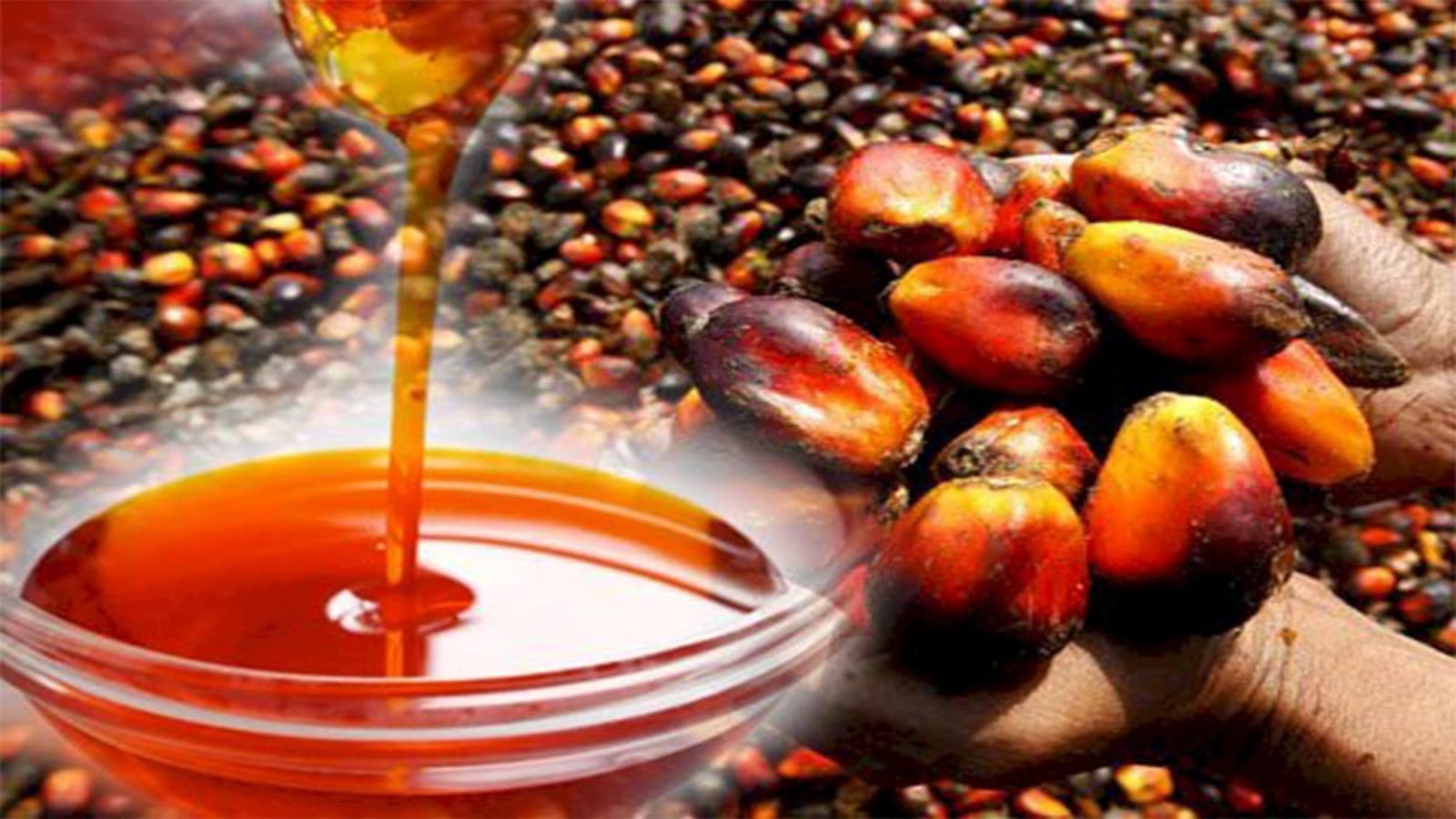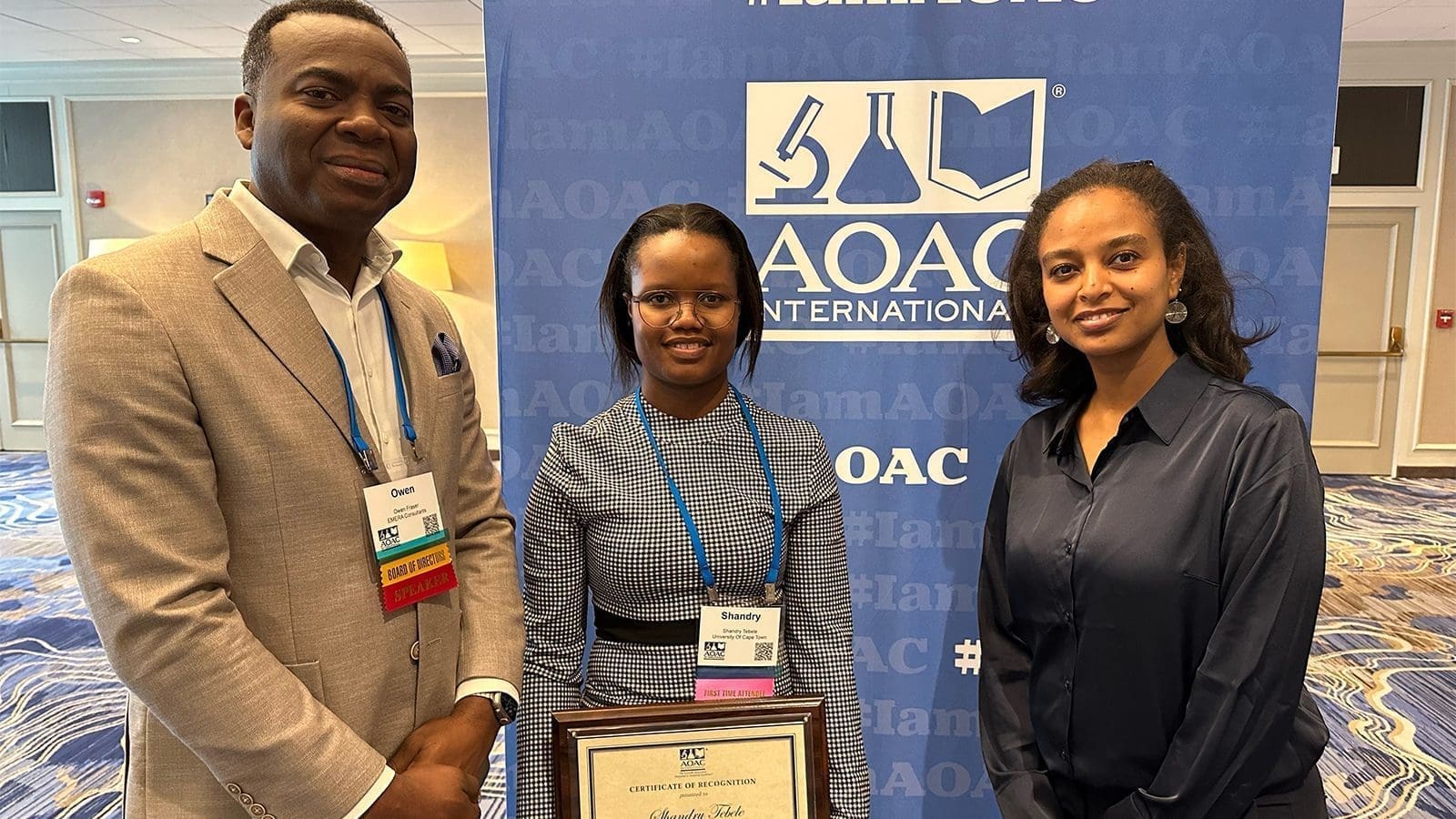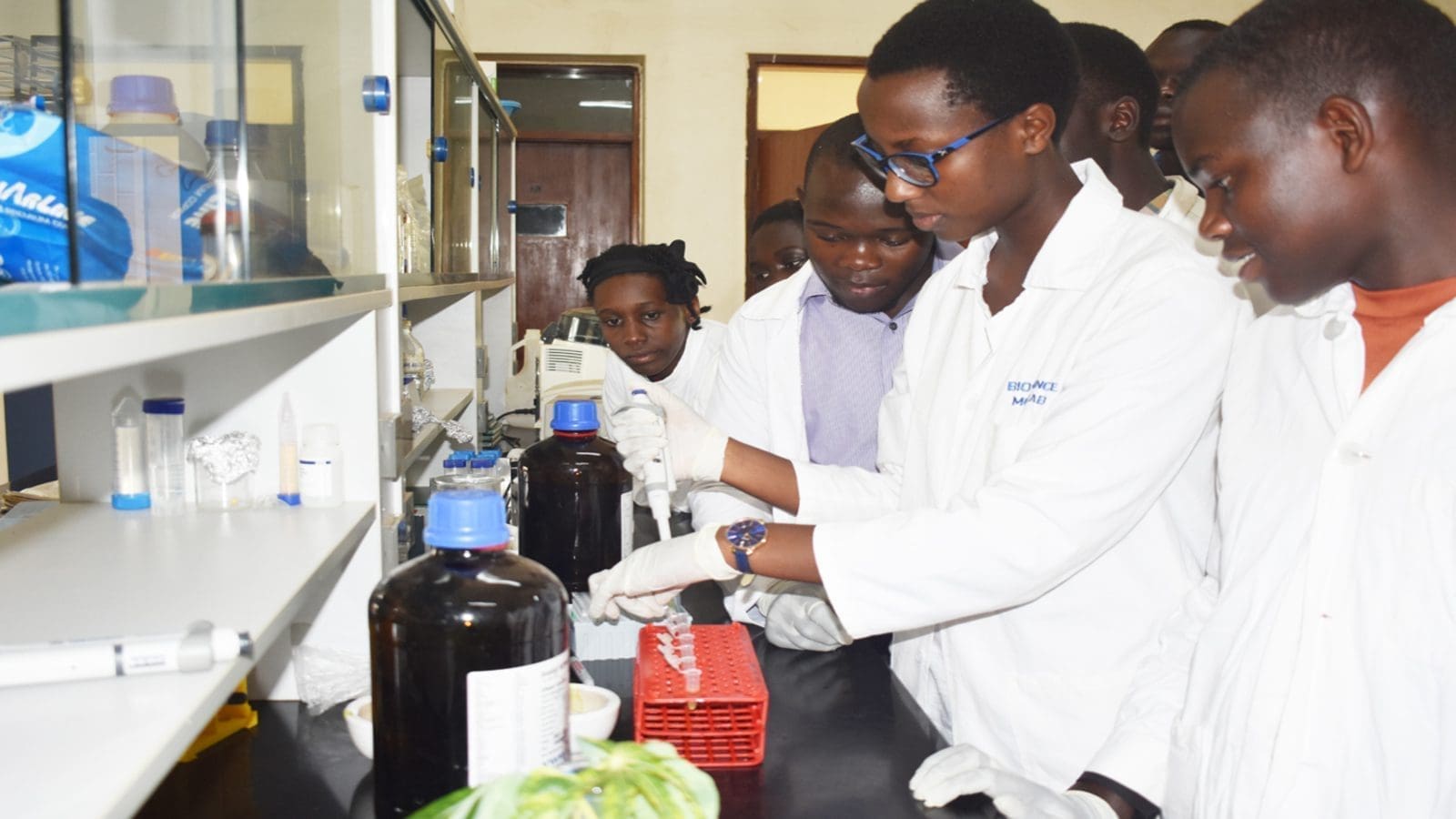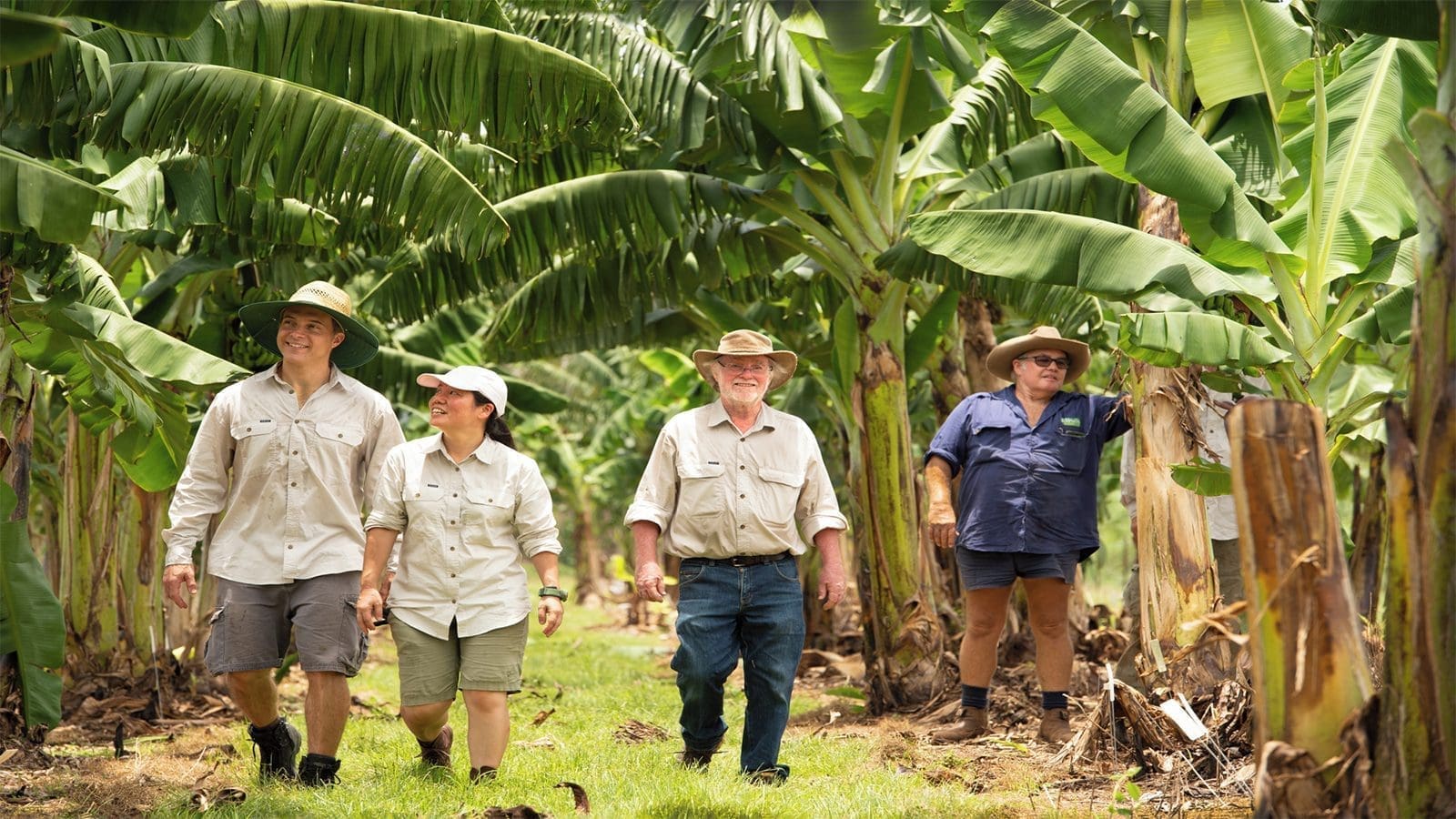GHANA – The Food and Drugs Authority (FDA) in cooperation with the Artisanal Palm Oil Millers and Outgrowers Association, has launched the Artisanal Palm Oil app in Accra to ensure that only authentic and healthy palm oil are sold in the Ghanaian market.
The event organized by the Artisanal Palm Oil Millers and Outgrowers Association was under the theme, ‘Introducing Digital Technology into the Palm Oil Industry to curb the menace of Sudan IV’.
The Chief Executive Officer of the Food and Drugs Authority (FDA), Delese Mimi Darko, acknowledged the good initiative that the Association has put in place to help curb the menace of Sudan IV in Ghana.
She cautioned oil palm producers in Ghana to desist from the use of Sudan IV in oil palm production echoing that the FDA would continue to sample and test palm oil every year to sanction those involved in putting unwholesome chemicals in their palm oil.
“We will sample and test all palm oil in the market. We are pleading with the producers, wholesalers, retailers and consumers and the public to refrain from the use of Sudan IV in palm oil,” she warned.
Paul Amaning, President of the Artisanal Palm Oil Millers and Outgrowers Association, gave consumers the assurance that his organization will take all necessary steps to ensure that they assisted the FDA in containing the Sudan IV menace.
The app has tools to determine whether the FDA has approved the brand of palm oil represented by the QR code.
It may also show details about the palm oil producers, including their locations and photos, so that customers can quickly determine where the product came from.
The program was presided over by William Quaitoo, CEO of the Tree Crop Development Authority.
Alhaji Hanan Abdul-Wahab, the CEO of the National Food Buffer Stock Company, and Eunice Adjorkor, a representative of the Ghana Enterprises Agency, were among the guests of honor.
The app’s launch was supported by members of the Artisanal Palm Oil Millers and Outgrowers Association from the Eastern Region, Central Region, and other regions of Ghana, as well as other groups like students from the Pentecost University Department of Information Technology, executives from Okyeman Youth For Development, Apedwa Youth Club, Oil Palm Development Association Ghana, and Solidaridad Ghana.
Sudan IV dye
Sudan dyes are classified by the International Agency for Research on Cancer (IARC) as Group 3 carcinogens and are banned as food additives worldwide (IARC, 1987).
The dye is widely used during the processing of non-food products such as textiles, leather, plastics, papers, hair, mineral oils, waxes, and cosmetics.
Due to consumer demand for the ‘red’ palm oil, some traders in the business have over the years adulterated the palm oil to satisfy their customers.
Palm oil is naturally reddish because of high beta-carotene content, however, depending on the variety of palm fruit and the levels of carotene, the reddish color may vary for the palm oil produced.
Since 2015, the Food Safety Division of the Food and Drugs Authority as part of its mandate to rid the food markets of adulterated food products, has been conducting research since August 2015 to assess the level of palm oil adulteration with Sudan IV dyes mainly in major markets in the Greater Accra Region.
During that year, out of 50 samples analyzed, 49 samples representing 98%, tested positive for Sudan dyes.
This led to the institution of various interventions to put a stop to the practice including rigorous sampling and testing followed by detention in case of nonconformance. FDA also intensified public education at the palm oil manufacturing sites and the market places.
Subsequent to these interventions, another sampling and testing of palm oil in 2019 indicated only 7% of palm oil suffered Sudan IV dye contamination.
For all the latest food safety news from Africa and the World, subscribe to our NEWSLETTER, follow us on Twitter and LinkedIn, like us on Facebook and subscribe to our YouTube channel.








